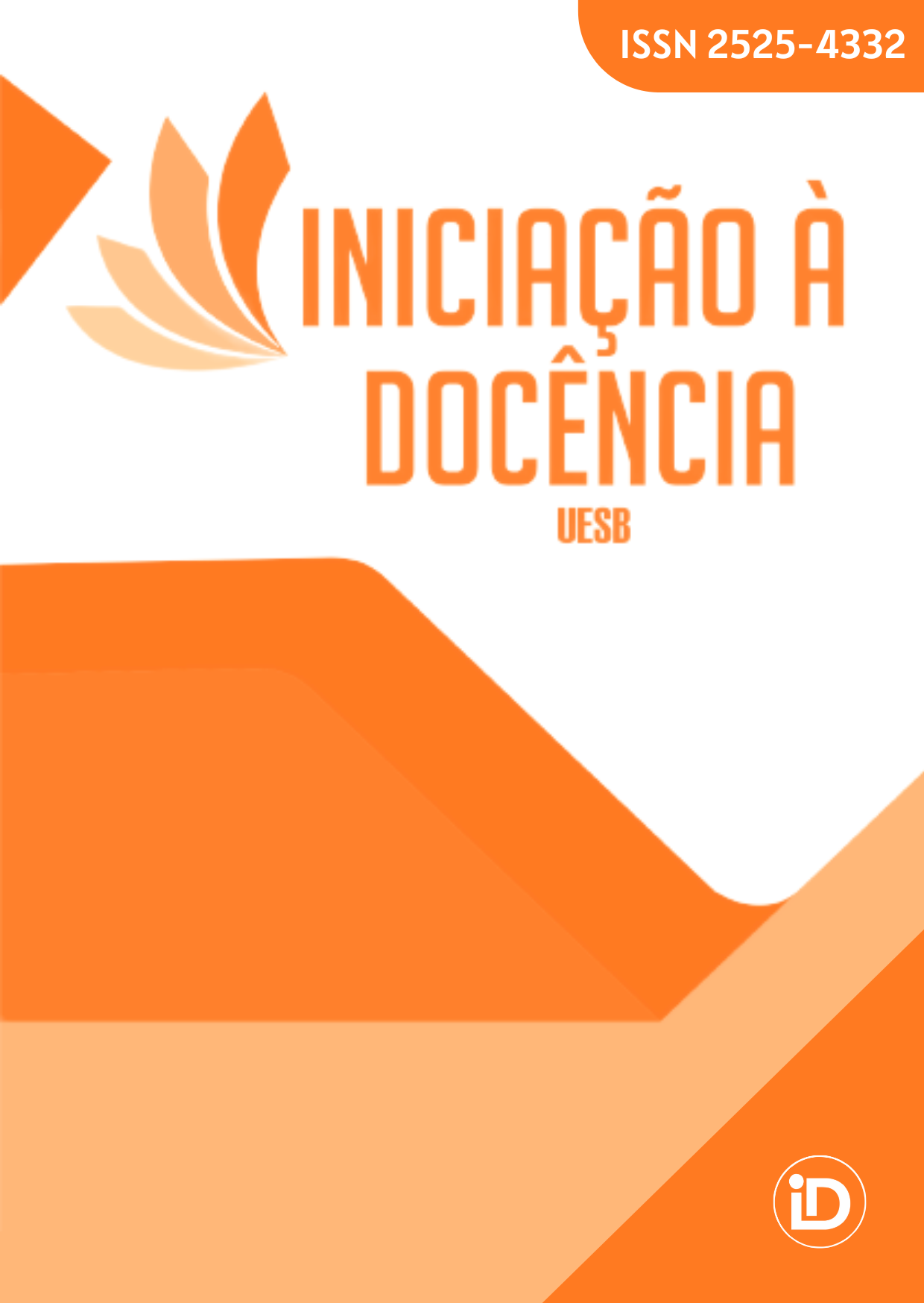Mathematical education of future teachers of the initial years: a study on the Pedagogy courses in the state of Bahia, Brazil
DOI:
https://doi.org/10.22481/riduesb.v8i1.13367Keywords:
Pedagogy, Mathematics education, BNCC, Mathematical literacyAbstract
The educational reality, in terms of learning mathematics, has been the subject of research from different perspectives, from initial or continuing teacher training to student learning. With the aim of investigating the Mathematics listed in the syllabuses of Pedagogy courses and their connections with the National Common Curriculum Base - BNCC, this article sought to answer the following question: What are the approximations and distances between the BNCC guidelines for teaching Mathematics in the early years and the syllabuses of Pedagogy courses at universities in the state of Bahia? In order to answer this question, an analysis was carried out of the BNCC's guidelines, looking at the thematic units and the respective contents and skills to be developed in the early years, and the syllabuses of the Pedagogy courses at public universities in the state of Bahia, with the aim of reflecting on the mathematics that has been covered in these documents. The analysis led to the conclusion that the course syllabuses have focused on theories and methodologies, and although I agree with their importance, I would argue that the focus should not be restricted to them.
Downloads
References
BRASIL. Ministério da Educação. Base Nacional Comum Curricular: educação é a base. Brasília, DF, 2017. Disponível em: http://basenacionalcomum.mec.gov.br/abase/#fundamental. Acesso em: 15/06/2023.
CARVALHO, Mercedes; BAIRRAL, Marcelo Almeida (orgs). Matemática e educação infantil: Investigações e possibilidades de práticas pedagógicas. 2. ed. Petrópolis: Vorazes, 2014.
DIÓGENES, Elione Maria Nogueira; SILVA, Vanessa Maria Costa Bezerra. O neoliberalismo e a Base Nacional Comum Curricular (BNCC): aproximações contextuais. Revista Purais – Virtual, Anápolis. v. 10, n. 3. p. 350-366. Set/dez 2020. Disponível em: https://www.revista.ueg.br/index.php/revistapluraisvirtual/article/view/12126/8547. Acesso em 11/09/2023.
FIORENTINI, Dario; LORENZATO, Sergio. Investigação em educação Matemática: percursos teóricos e metodológicos. 3. ed. Campinas: Autores Associados. 2012.
FREITAS, Luiz Carlos de. Os reformadores empresariais da educação e a disputa pelo controle do processo pedagógico na escola. Educ. Soc., Campinas. v. 35, n. 129. p. 1085-1114, out.-dez., 2014. Disponível em: https://www.scielo.br/j/es/a/xm7bSyCfyKm64zWGNbdy4Gx/?lang=pt. Acesso em: 11/09/2023.
KAMII, Constance. A criança e o número: Implicações educacionais da teoria de Piaget para a atuação com escolares de 4 a 6 anos. Trad. Regina A. de Assis. – 39. ed. Campinas: Papirus. 2012
LÜDKE, Menga; ANDRÉ, Marli Eliza Dalmazo Afonso. Pesquisa em educação: abordagens qualitativas. São Paulo: EPU, 1986.
NACARATO, Aldair Mendes; MENGALI, Brenda Leme da Silva; PASSOS, Cármen Lúcia Brancaglion. A Matemática nos anos iniciais do ensino fundamental: tecendo fios do ensinar e do aprender. 3. ed. Belo Horizonte: Autêntica, 2021.
NUNES, Terezinha; CARRAHER, David; SCHLIEMANN, Analúcia. Na vida dez, na escola zero. 16. ed. São Paulo: Cortez. 2011.
SCHMITT, Maria Adélia Bento; SILVA, Viviane Clotilde da. A construção do conceito de número na alfabetização Matemática. Blumenau: Edifurb. 2017.
SILVA, João Alberto. (org.) Alfabetização Matemática nos anos iniciais do ensino fundamental. Curitiba: Editora CRV, 2004.
TARDIF, Maurice. Saberes docentes e formação profissional. 17. Ed. Petrópolis: Vozes. 2014.
Downloads
Published
How to Cite
Issue
Section
License
Copyright (c) 2023 Revista de Iniciação à Docência

This work is licensed under a Creative Commons Attribution 4.0 International License.






